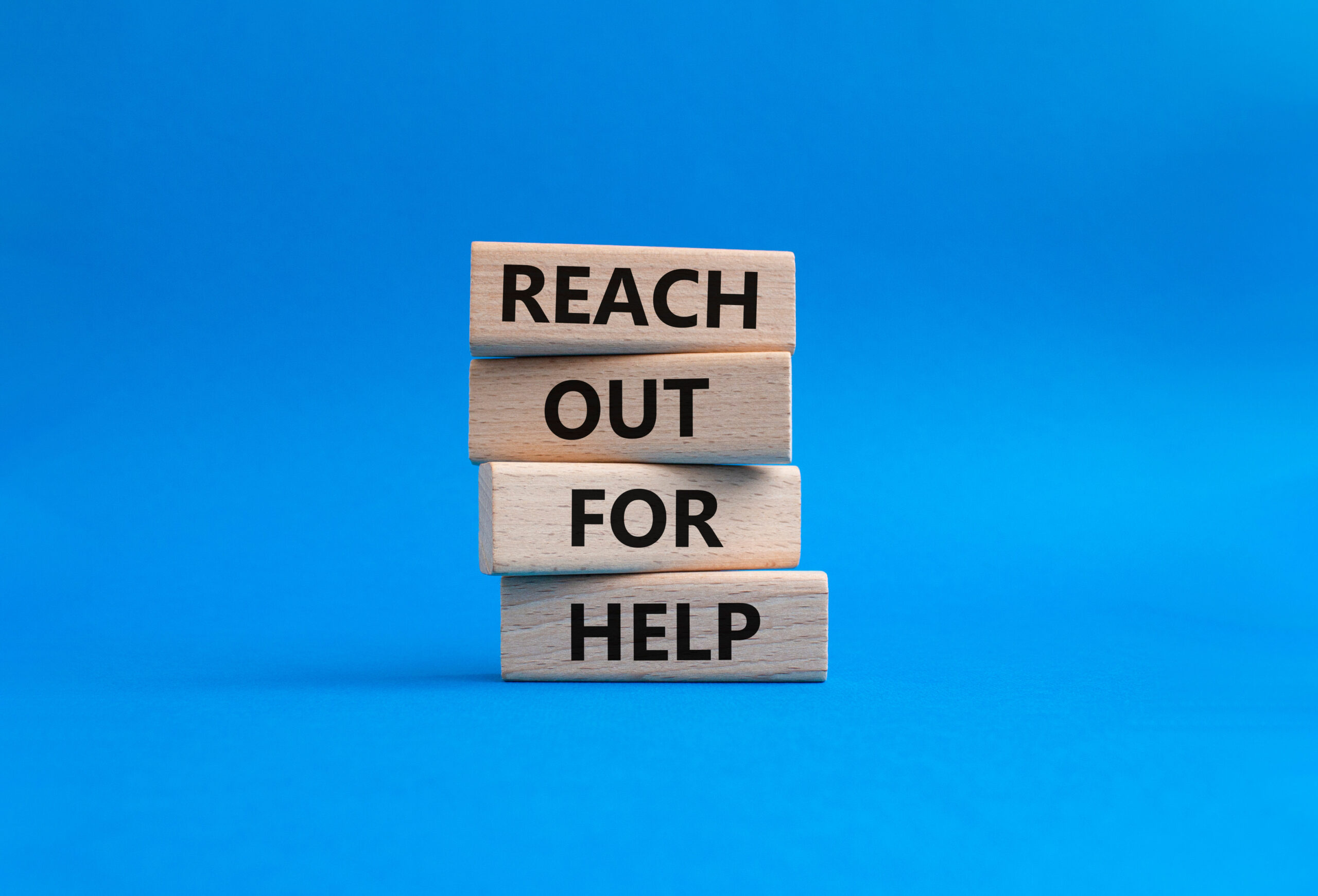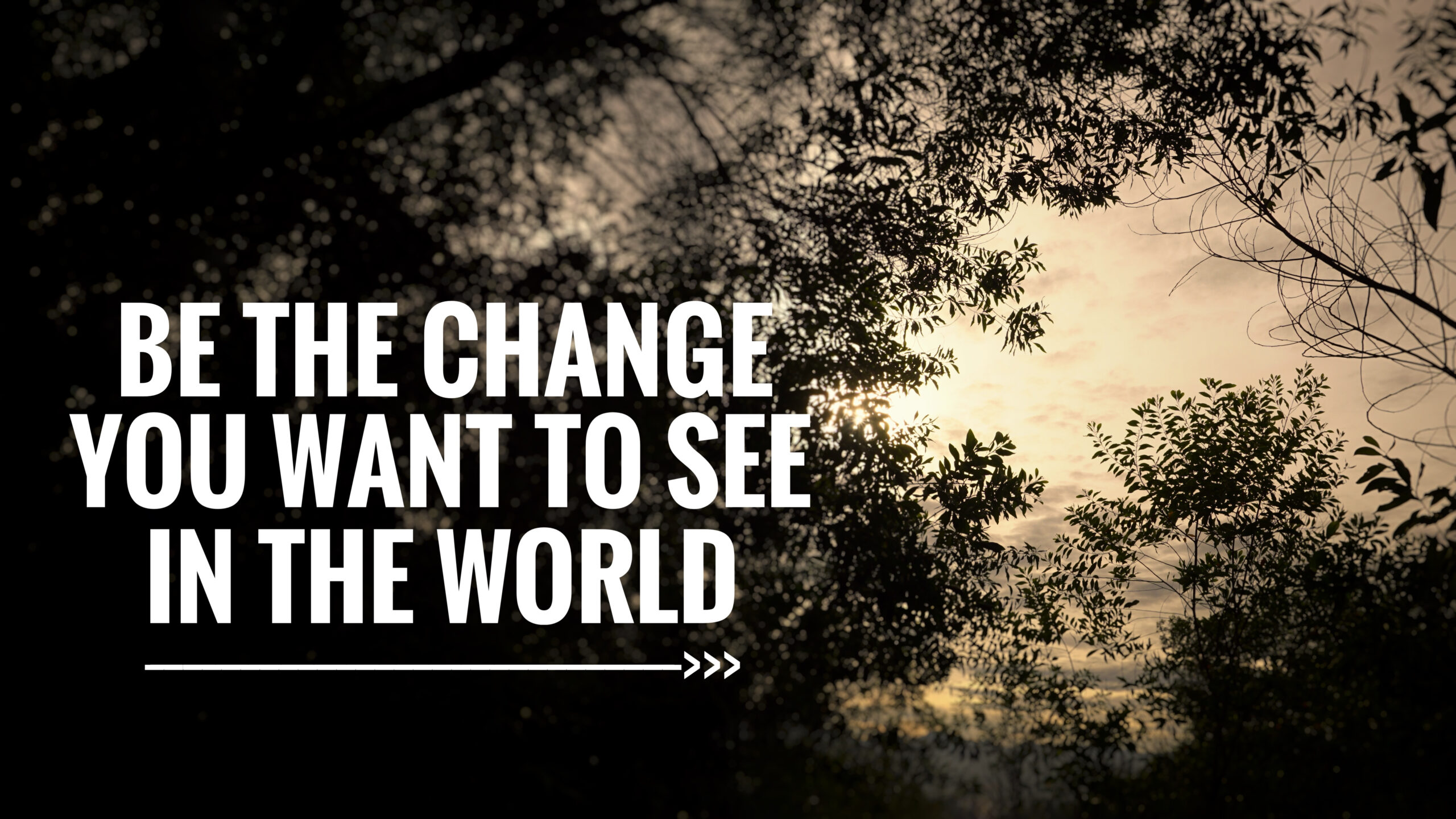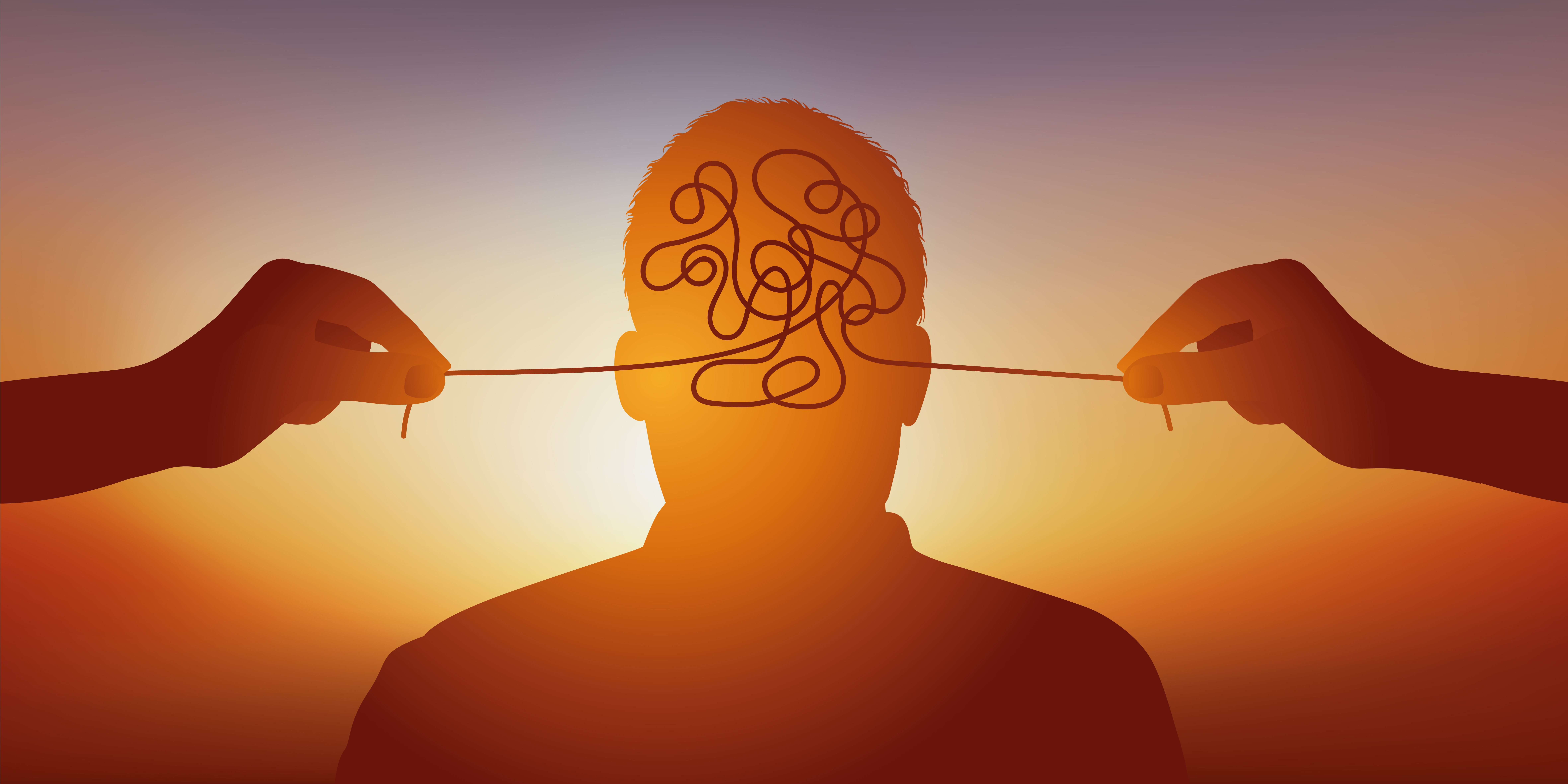So, WHY was my father a mess and emotionally and mentally abusive to my mom? And why did she put up with it? We found out when I was about 25 or so, that my father had Aspergers Syndrome (now called high functioning Autism). He likely started with a mild case, but when he was young there was no treatment or help. It wasn’t even a “thing” to be diagnosed at that time. As time passed, he got more and more angry, unhappy, and cut off from the world. My father had a mental illness, and my mom put
up with it for years before knowing what it was.
So, does having a mental illness excuse abusive behavior? Not at all. Once we learned what was “wrong” with my father, my mom started getting some counseling and working on establishing boundaries. It was a rocky journey, and often did not work out for her, after so many years of him being abusive, and so many years of her letting him. As I mentioned in week 2, mom did work on boundaries, but her “freedom” came when my father ended up in a nursing home, away from her. After my father learned his “diagnosis”, he used it as an excuse to why he couldn’t help the way he was. I often wonder (especially when he was “venting” to me about how terrible my mom was for saying this, doing that, or NOT doing the other) if he really could have changed. I always harbored a bit of resentment for him not being willing to try any kind of counseling or therapy because “it’s just the
way he was”.
Mental illness is a very real thing. Many abusers have a mental illness, but that does NOT give them an excuse to be abusive – mentally, emotionally, physically or controlling. Whether the illness relates to personality (Aspergers, Narcissism, Personality disorders), trauma (PTSD) or any other type of mental illness, IT IS NOT AN EXCUSE. Period. Full stop.
If you find yourself in a Domestic Violence situation with someone that has a mental illness, please get counseling from someone who is licensed to help. Get the abuser counseling if they are willing. Set up those boundaries. Maybe there’s a resolution to be had through counseling and putting in the work, although it may be a separation or even a divorce. Take care of yourself, not just the person with the mental illness. You are worth it.










 Have you ever considered the value of volunteering? There are numerous benefits to volunteering: development of connections and networking, creates a sense of altruism, helping others is good for body and mind, generates a feeling of fulfillment, advances life skills, builds community, develops relationships, gets you socially active, and perhaps most importantly- it’s FUN!
Have you ever considered the value of volunteering? There are numerous benefits to volunteering: development of connections and networking, creates a sense of altruism, helping others is good for body and mind, generates a feeling of fulfillment, advances life skills, builds community, develops relationships, gets you socially active, and perhaps most importantly- it’s FUN!